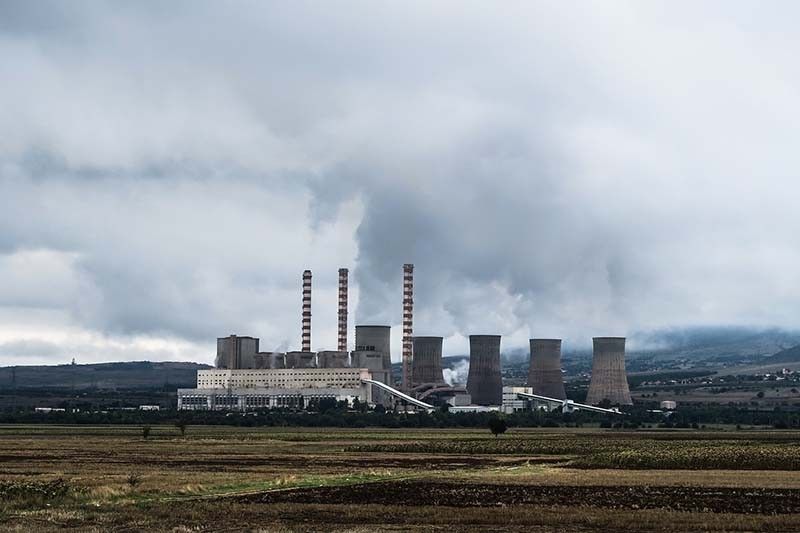Group urges banks to stop funding coal power

MANILA, Philippines — A clean energy group called on financial institutions to stop fuelling the dominance and expansion of coal globally as countries from across the world face catastrophic effects of severe weather made worse by climate change.
Center for Energy, Ecology and Development made the call Wednesday, days after a report published by environmental groups found global banks have channelled $745 billion over the past three years into companies planning new coal power plants.
The top three lenders on the Global Coal Exit List are the Japanese banks Mizuho, Mitsubishi UFJ Financial Group and Sumitomo Mitsui Banking Corporation. These are followed by United States’ Citigroup and France’s BNP Paribas.
The report identified 13 banks in the Philippines responsible for lending or underwriting $6.3 million to coal developers from 2017 to 2019, according to CEED. Of these financial institutions, two banks account for 54.67% of financial support to the country’s coal expansion.
'Find ways for a clean energy future'
"BDO and BPI should be embarrassed for their contribution to the worsening climate impacts that are experienced by the same Filipinos they claim to serve, the same customers who enter the doors of their banks daily to entrust them with their hard-earned money," Gerry Arances, CEED executive director, said.
Arances urged BDO and BPI to find ways to make a clean energy future attainable.
"If these institutions create policies that restrict coal financing and channel funds instead to clean, renewable energy technologies, it would mean billions of funds allotted for climate justice and action. In this sense, the Paris Agreement’s ambitions could be within our reach," he said.
The 2015 Paris Agreement enjoins nations to work to cap global warming to 1.5 Celsius above pre-industrial temperatures.
The United Nations-backed Intergovernmental Panel on Climate Change concluded in its 2018 report that global carbon dioxide emission must drop 45% by 2030 and reach “net zero” by 2050 to cap temperature rise at 1.5 Celsius.
Heavy reliance on coal
A report by environmental group Greenpeace found that coal remains the country’s dominant energy source with a 52.05% share in gross power generation by source in gigawatt hours despite the country’s commitment to move away from fossil fuels.
The share of renewable energy sources, meanwhile, was at 22.27% as of December 2018.
Coal proposals also dominate the list of proposed committed projects with 80% share in the total installed capacity.
CEED said the Philippines is looking at 12,014 MW of additional coal capacity—a 140% increase in the national coal installed capacity of 8,594 MW.
“It would mean more communities suffering with threats to their health and livelihood, more biodiversity lost, and more expensive electricity for Filipino consumers,” Arances said.
Global temperatures have increased 1 degree celsius above pre-industrial levels. The Philippines committed to a conditional target of 70% emissions reduction below business-as-usual-levels. — Gaea Katreena Cabico
- Latest
- Trending

































